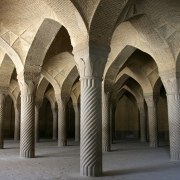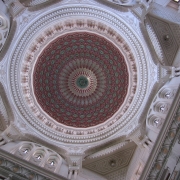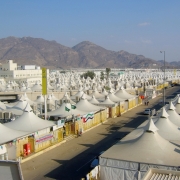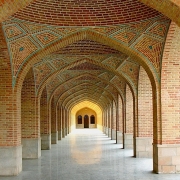Intellectual Hijra: Thinking In and Out of the BurningHouse of the Western Academy
This essay, which is an amalgamation of two presentations given at roundtables held by the Constructive Muslim Thought Seminar at the American Academy of Religion in 2022 and 2023, attempts to describe “constructive Muslim thought” in contexts both classical and contemporary, but focuses on delineating the continuing colonial context of this academy in which we are attempting to conduct this work and the consequences thereof. I argue that contemporary constructive Muslim thought in the Euro- American Academy (and its outposts in other lands) has much to learn from the model of Black studies and argue for a model of intellectual hijra or fugitivity, in which we strive to make a home in but not of the “burning house” of our modern academy.
From one point of view, “constructive Muslim thought” is nothing new, it is as old as Islam itself, but what is new is the institutional, political, and epistemic contexts that make constructive Muslim thought emerge as such. It is this new context that has created the separation between the “constructive” and the “descriptive,” marked out the “Muslim” as other than the default, and defined the parameters of “thought.” In the Abbasid context or that of the Mali or Ottoman empires, “Constructive Muslim Thought,” in its various branches of falsafa (philosophy), adab (belles lettres), uṣūl al- fiqh (jurisprudence), history, kalām (theology), or taṣawwuf (Sufism) would simply be “thought,” or more accurately








